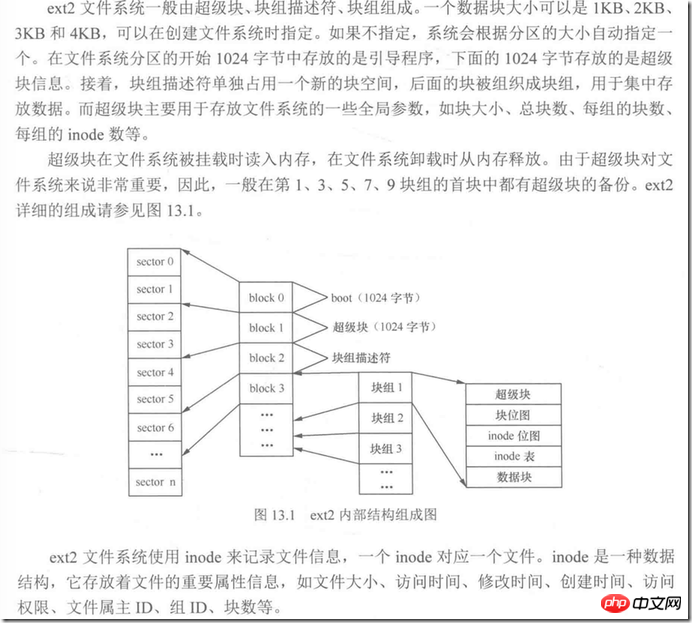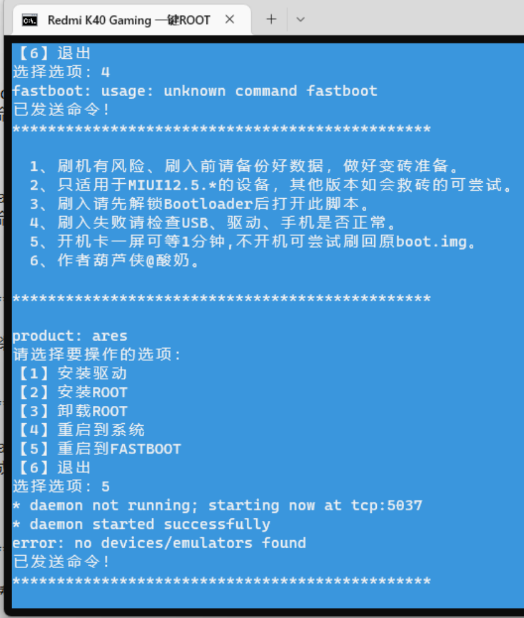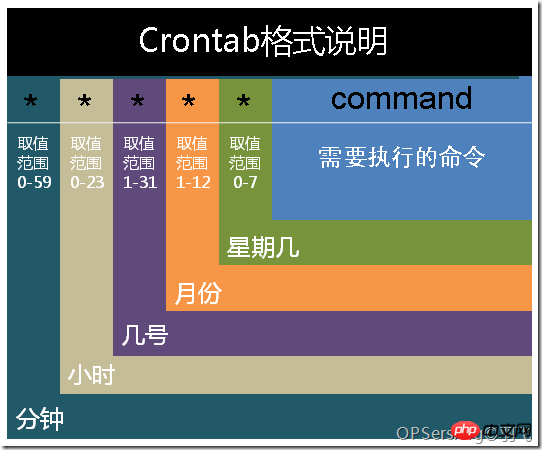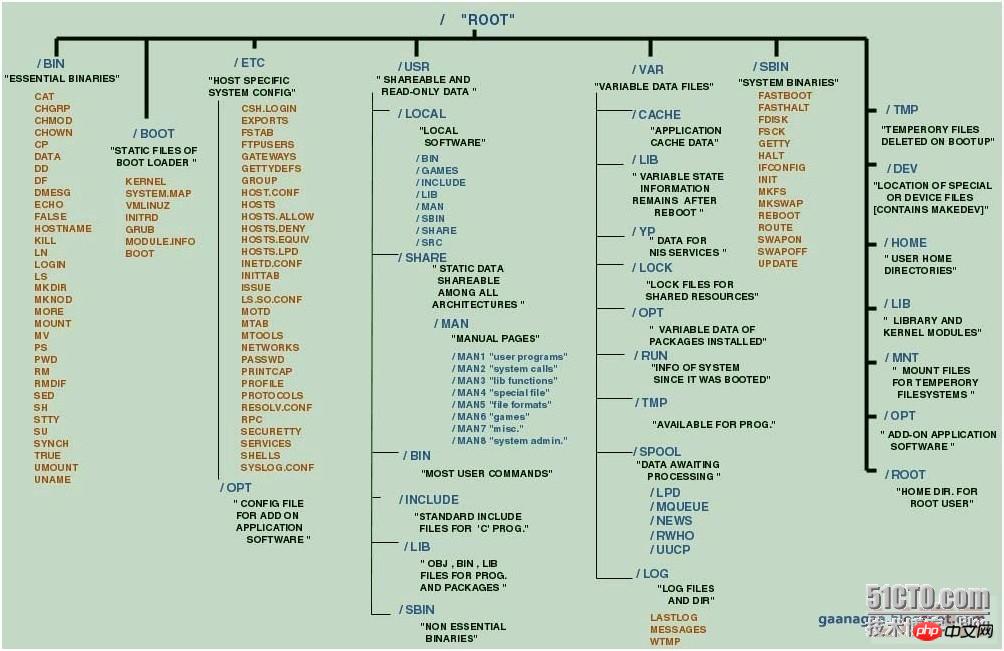一.文件系统概述
1.文件系统是基于操作系统的,用来管理和组织保存在磁盘驱动器上的数据的系统软件,通过对数据存储布局/空间管理/文件命名/安全控制等 方面的管理,解决了如何在设备上有效的存储数据。
2.文件系统是操作系统与磁盘设备之间交互的一个桥梁,通过文件系统实现了数据合理组织和有效存取,表现在操作系统上就是对文件和目录的管理。
3.元数据:除了保存管理 以文件方式存储的数据外,文件系统也同样将文件以及文件系统自身的一些重要信息(如文件权限/大小/属主等)存放到磁盘上,这些信息称为文件系统的元数据(metadata)
4.文件系统的使用流程:
-
存储介质选择:如硬盘/网络存储等
-
磁盘分区:使用fdisk/cfdisk/parted等分区工具
-
文件系统创建:命令:mkfs
语法:mkfs [-v] [-t fstype] Device
-
-v 显示mkfs的版本信息
-
-t fstype: 指定创建的文件系统类型,不加此选项时,默认为ext2文件系统
-
Device: 要格式化的磁盘或磁盘分区
例子: mkfs -t ext3
4.挂载设备:将一个文件系统与一个存储关联起来的过程称为挂 载。
二.ext3和ext4文件系统
1.简介:linux中最常用的几种文件系统:ext2/ext3/ext4/ReiserFS/XFS。linux标准文件从VFS开始,然后是ext–ext2–ext3。
2.ext2是linux上标准的文件系统.

3.ext3文件系统
是一种日志式文件系统,其实就是在ext2文件系统基础上增加一个特殊的incode(日志文件),即日志记录功能。根据日志文件系统实现技术的不同,ext3提供三种日志模式:
-
journal模式:文件系统所有数据和元数据的改变都写入日志中。最安全也最慢。
-
Ordered模式:只有对文件系统元数据的修改才会记录日志。默认模式。
-
Writeback模式:元数据先更新,再更新数据。最快。
4.ext4文件系统特点:
-
支持更多子目录数量:理论上支持无限数量。
-
支持更大的文件系统和更大的文件:文件系统容量达到1EB,文件容量达16TB。
-
支持盘区结构
-
支持日志校验
-
支持快速fsck
-
支持在线碎片整理
5.ReiserFs
通过完全平衡结构管理 数据,包括文件数据/文件名及日志 支持等,特点如下:
-
高效合理利用磁盘空间
-
先进的日志管理机制
-
特有的搜寻方式:基于快速平衡树的搜索方式
-
支持海量磁盘存储
如果应用系统具有很多小文件,同时有大量读/写操作,ReiserFS文件系统绝对是首选。
6.XFS
(1)特点:
-
优秀的日志记录功能
-
可扩展性强
-
快速的写入性能
(2)使用
-
文件系统格式化命令:mkfs.xfs
-
文件系统碎片整理命令:xfs_fsr
-
xfs_bmap:查看文件块状况
-
xfs_db:查看磁盘碎片情况
-
xfs_fsr:整理碎片
-
文件系统一致性检测:xfs_repair
三。文件系统的选择标准
-
读操作频繁,同时小文件众多的应用:选择建议:ext4–xfs–ext3。
-
写操作频繁:XFS–ext4–ext3
-
性能/安全要求都不高:ext2

















